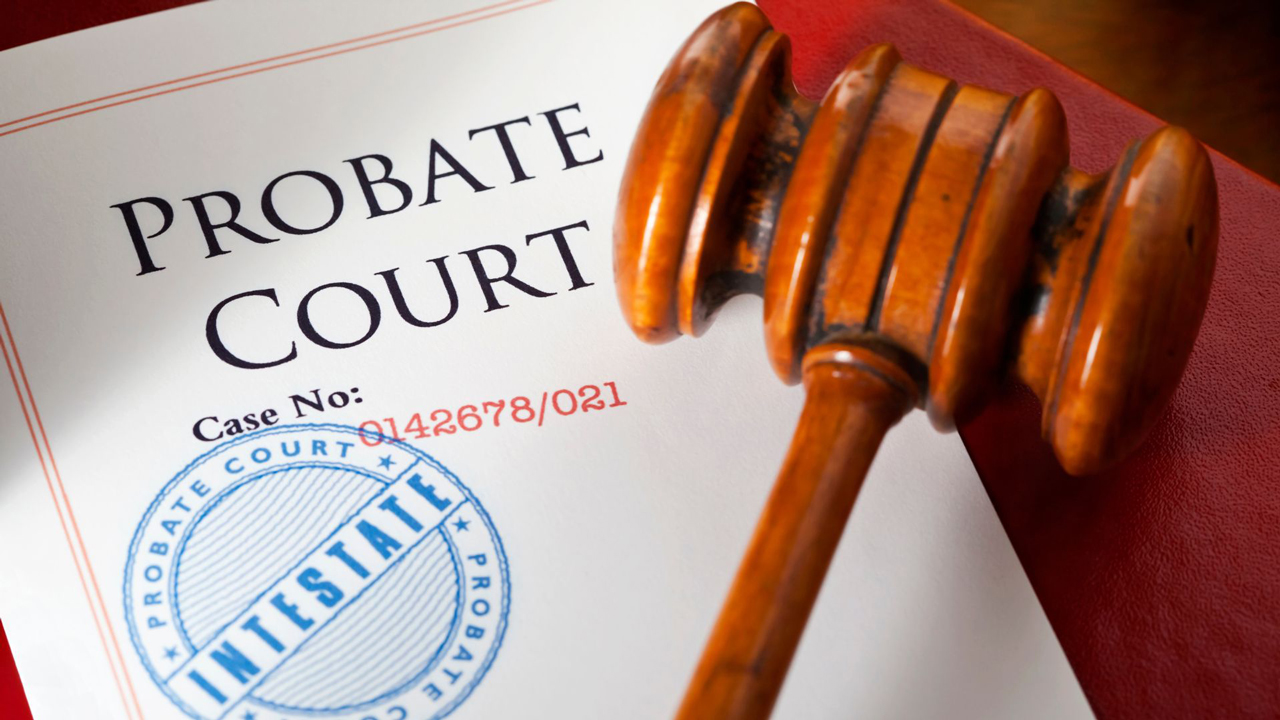
Are you looking for information about probate records? When someone passes away, their assets are typically subject to probate, a legal process that involves the court's examination of their will and other estate documents.
While working with a skilled trust attorney in Orange County can help you set up your estate to potentially avoid probate, it's crucial to understand the implications of probate records and privacy concerns.
In this article, we'll delve into probate, what probate records entail, and explore ways to protect your privacy.
Probate records are essentially a public account of what transpired during a probate case. Probate is a legal process that takes place in a courtroom, aiming to handle the estate of a deceased individual.
Because it's a legal proceeding, probate records are part of the public record. These records typically contain various details related to the probate case, including legal documents, personal information about the deceased, beneficiaries, and more.
A typical probate record comprises various legal documents associated with the probate case, including the will and other estate planning documents. It may also include testamentary letters and an inventory of the estate's assets.
While these documents are essential for the probate process, it's crucial to recognize that they become public knowledge. This can raise concerns for families who value their privacy, as the exposure of personal and financial information may lead to complications or unwanted attention.
Unfortunately, like many other vital documents, estate records are accessible to the public. Even though these records may contain sensitive, personal information about the deceased and their heirs, they are open to anyone interested.
Most wills go through the probate court, making them part of the public court records. However, it's important to note that before reaching the probate stage, wills are generally considered private documents.
For individuals and families who prioritize privacy, this public accessibility can be concerning. In such cases, it becomes essential to explore alternatives to avoid probate and its associated costs and privacy invasions.
Probate records provide detailed insights into the probate case. These documents include the will, administrative letters, testamentary letters, estate inventory, and more. Additionally, they contain information about the deceased person, a list of beneficiaries, and sometimes even personal information about the beneficiaries and the executor.
In situations where a will is contested or other legal actions are involved, additional documents related to the probate case may be available.
Once this information becomes part of the public record, it's challenging to make it private again. Courts typically seal probate records only under rare circumstances, such as when a judge believes that their disclosure might influence an ongoing court case.
Given the public nature of probate records, preventing the probate process, if possible, is a prudent approach for those who value their privacy. To achieve this, consider working with a probate attorney in Orange County. These legal professionals can help you explore solutions that address privacy concerns while ensuring the efficient distribution of your assets.
Probate court serves as the legal process for settling the estate of a deceased individual. This process typically involves tasks such as dividing the deceased person's estate, paying off their debts, and fulfilling their final wishes, including burial arrangements.
Probate can become quite intricate, especially in cases involving large estates or complex financial matters. To navigate this process effectively, it's advisable to engage an experienced attorney who can guide you through each step. If a case appears likely to be lengthy and complex, seeking legal counsel before initiating the probate process can be particularly beneficial.
In certain situations, you can avoid probate, thereby sidestepping the public scrutiny associated with it. Some common methods for avoiding probate include:
Planning your estate with the help of an estate and trust attorney can be an invaluable step in safeguarding your privacy and the interests of your loved ones. By addressing potential privacy concerns in advance, you can ensure that your assets are distributed according to your wishes without the need for probate.
Probate records are indeed public, and once they become part of the public record, it can be challenging to regain your privacy. Taking proactive steps to avoid probate, such as establishing trusts or designating beneficiaries, can help you maintain the confidentiality of your estate affairs.
Consulting with an experienced estate and trust attorney is a crucial part of this process, ensuring that your assets are protected, your wishes are honored, and your privacy is maintained.
Don't leave your estate's confidentiality to chance. Take action now to shield your personal and financial information from public scrutiny. Our seasoned estate and probate attorneys in Orange County are skilled in safeguarding your privacy while ensuring your assets are distributed according to your wishes.
With years of experience in navigating complex probate matters, we'll help you explore alternatives to probate, such as trusts and beneficiary designations, that offer a higher degree of privacy. Your estate's confidentiality is our priority.
Secure your family's future and protect your privacy—contact us today for a consultation. Your peace of mind is just a call away. Dial (949) 385-3130 and speak with our trusted estate lawyers at Parker Law Offices. Your privacy matters, and we're here to help you preserve it.

